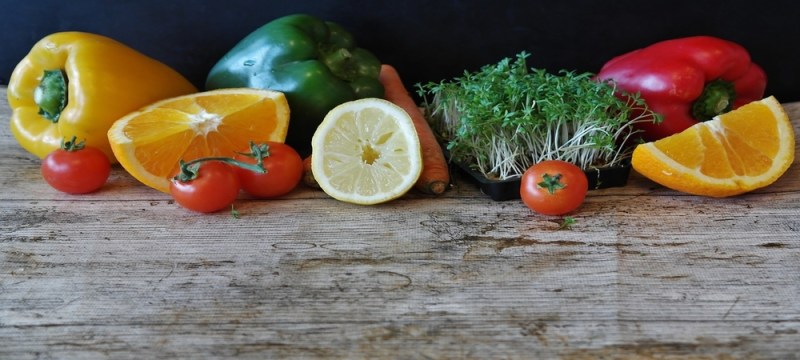When it comes to a healthy diet, micronutrients such as vitamins, minerals and antioxidants play an equally crucial role as your macro-calorie intake. Of the essential nutrients, calcium is the most abundant in the human body. While milk and other dairy products are the most common suppliers of calcium, this becomes a roadblock for people who are lactose intolerant or vegan. Fortunately, there’s no shortage of dairy-free options that are rich in calcium. Here are just a few to consider in place of regular animal milk.
Hemp Milk

A cup of dairy milk and a cup of fortified hemp milk both contain the same amount of calcium, sometimes nearly 50 percent of our recommended daily intake. Hemp milk also serves as a powerhouse for iron, potassium, Omega-3 fatty acids and other essential micros like Vitamins E, D, A and B-12, which can be a challenge for vegans to obtain. Nearly everyone can enjoy it without triggering common food allergies such as dairy, nut, soy and gluten allergies.
It’s no secret that a lack of protein in dairy alternatives is a huge concern of dairy lovers. Protein is vital in our diets in that it helps build and repair body cells and helps to regulate the body’s tissue and organs. But, there are many different kinds of proteins including structural proteins, transport proteins and enzymes. Some proteins are considered unbalanced and can lack any one or more amino acids found in complete proteins, making them absorb differently in the body. Hemp milk is stacked with all ten of the necessary amino acids, making it a complete protein.
Hemp milk is great by itself, mixed with oatmeal, coffee, smoothies and in many other foods. Plus, if you’re all about keeping things green, hemp milk requires little water to grow and contains no pesticides.
Beans

Beans, beans, they’re good for your heart, and if you need calcium, beans are a start. Beans are chock-full of calcium, especially pinto, red and white beans. Beans can be prepared in many different ways — you can reduce them to a spread for your next sandwich; mash, bread and fry them to make a meat substitution, or bake them for a simple and nutritious treat.
Vegetables And Greens

When you were told to eat your greens as a kid, you were told so with good reason — vegetables such as broccoli, kale and spinach all contain significant levels of calcium. Leafy greens are also rich in vitamins, fiber and potassium, making them a necessary staple to a healthy diet.
Almonds

Almonds have become one of the most popular superfoods because they are full of protein and vitamins. They also serve as a great substitute for dairy products when it comes to calcium intake — 30g of almonds contains 75mg of calcium, meaning an entire cup of almonds actually has more calcium than your standard cup of milk. Consuming almond milk will give you a boost from 75mg to 90mg of calcium per 30g. Almonds also have the highest amount of calcium when stacked up against other seeds and nuts such as walnuts, hazelnuts, Brazil nuts, sesame seeds and others.
Make The Changes
If you actively consume meat and/or dairy products, it’s more likely that your daily calcium levels are higher than those who don’t. But the nutritional benefits you can get from incorporating foods such as nuts, beans and greens shouldn’t be ignored. Try eating different sources of calcium and shape a diet that fits best for you.
